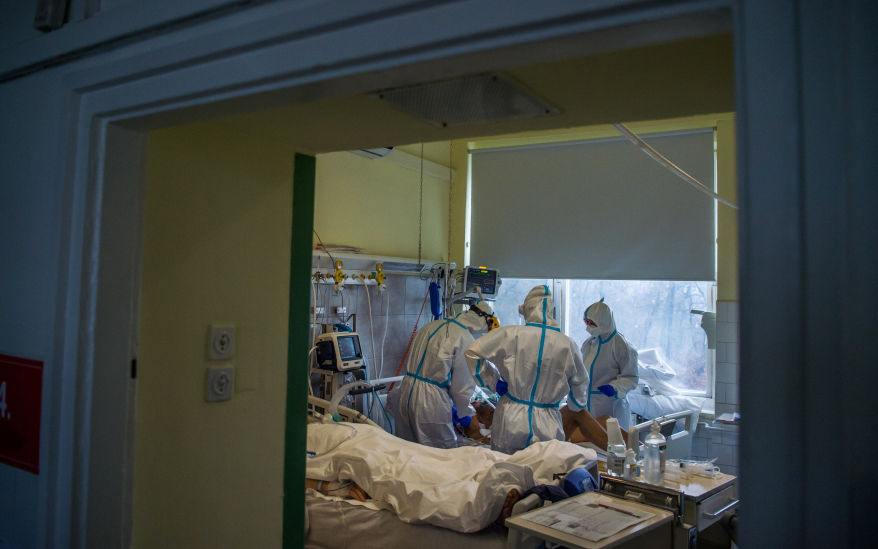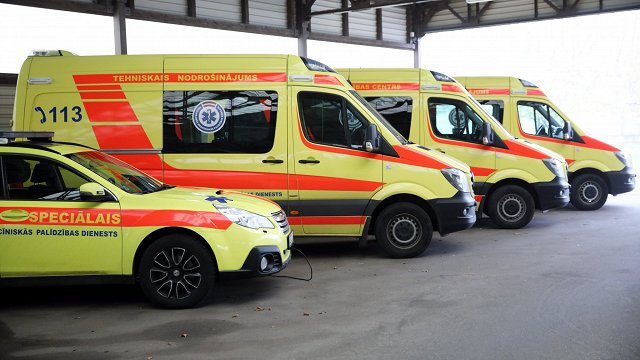The Minister explained that the decision was based on the large number of COVID-19 patients.
According to the National Health Service, 998 patients currently receive hospital treatment. Epidemiological forecasts suggest that the burden will continue to increase.
Viņķele pointed out that the problem in the health system is not the number of beds, but the number of medics.
The treatment of a covid-19 patient requires more medical attention and therefore a decision has been made to limit the provision of scheduled inpatient services.
“One of the manifestations of COVID-19 is, for example, inability to breathe. Of course, it can't be waited for and postponed. In such a situation, patients should be assisted immediately. It is precisely because we have actually already a thousand COVID-19 patients in hospitals who need such assistance that we have taken a decision to suspend scheduled hospital assistance for two weeks,” explained the Minister.
If the situation does not improve, it will also be necessary to decide on the limitation of outpatient services, Viņķele said.
Emergency medical and acute assistance will continue to be provided, including examinations and consultations.
Oncological, life-saving procedures and operations whose cancelation may cause disability will also continue.
From 23 December to 4 January, hospitals must provide the following services:
- services to ensure continuity of treatment: chemotherapy, biological medicines, replacement organ therapy;
- radiotherapy;
- health services in hematology;
- replacement therapy for methadone and buprenorphine;
- patient health care which should continue or complete hospital emergency treatment;
- invasive cardiology
- invasive radiology,
- acute and emergency medical treatment;
- oncological, life-saving, as well as operations which may otherwise result in disability;
- healthcare services related to the treatment of such groups of diseases: oncology, HIV/AIDS, tuberculosis, psychiatry, contagious skin diseases and sexually transmitted diseases;
- acute and sub-acute rehabilitation services for persons for whom the postponement of these services may lead to a risk of disabling or loss of ability to work, including children for whom postponement of rehabilitation services is associated with a significant deterioration of their functioning.
Ambulatory health services, including specialist advice, will also be provided.
Each medical treatment institution will contact the patient individually to inform if any service is postponed. At the same time, these patients will not lose their queue and will receive them as a priority when they are restored.
For more detailed information on state-paid health services, contact the National Health Service by telephone 80001234.




























